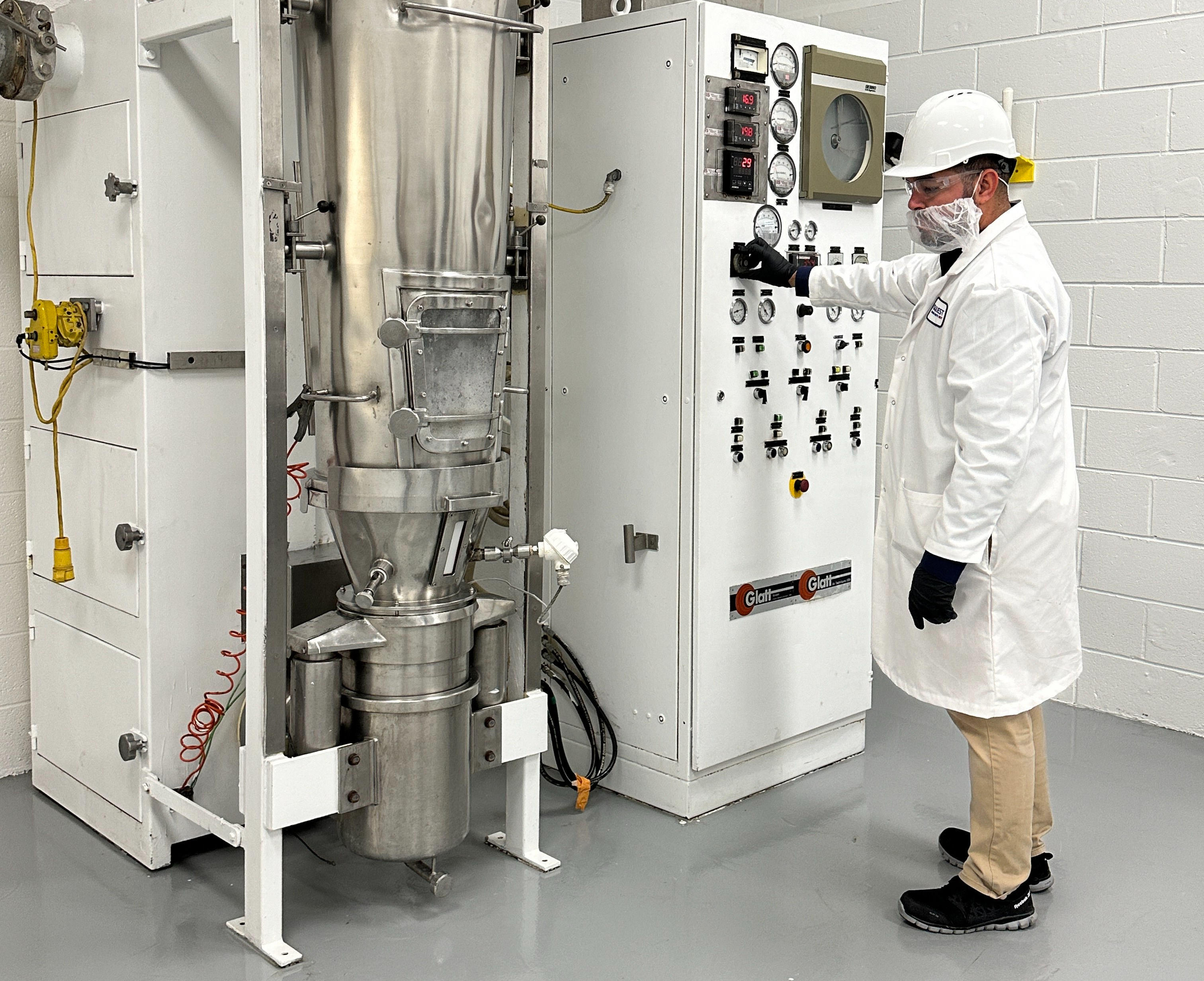Which brings me to the topic of the day.
Being a sugar burner keeps you fat (and sick, tired and depressed) in several ways.
Psychologically, it keeps you craving sugar (in much the same way as smoking creates cravings for nicotine). Your cells get “adapted” to using that sugar as fuel, and turn down the fat-burning apparatus (enzymes and hormones necessary for effective fat burning).In addition, the sugar-burning metabolism creates massive amounts of oxidative damage and inflammation. That means less energy, more cellular damage, a down-regulation of hormone receptors and a jumbled hormone symphony that keeps fat-burning messages from being effectively sent and received.
Everything is related. Hormones, stress, toxins, diet, even emotions—all work together to nudge you towards either sugar-burning or fat-burning metabolism. (In The Metabolic Factor, we talk about five pathways to health—nutrition, exercise, stress, sleep and detoxification—because theyall matter and they all influence your weight! And there’s actually a sixth—attitude. Because what you think about and focus on is a huge factor in your overall health.)
A sugar-burning metabolism makes you fat, sick, tired and depressed. A fat-burning metabolism makes you lean, healthy, vibrant and energetic.
Sugar burners have more problems than just not being able to burn fat. Sugar burning itself actually sets off a fire throughout the body that causes more fat to pile on. And this same fire is now known to be at the heart of every age-related disease known to man.
I’m talking about inflammation.
If there’s any one topic that has gotten research scientists really excited in the last decade, it’s inflammation. As far back as 2004,Timemagazine ran a cover story called “Inflammation: The Secret Killer,” calling it (accurately!) the surprising link between heart attacks, cancer, Alzheimer’s and other diseases.They turned out to be right. Inflammation is a part of virtually every degenerative disease on the planet.
The thing is, there are two types of inflammation—acute inflammation and chronic inflammation—and they are very different in their effect on the body. Barry Sears, PhD, author of the world-famousZonediet books, explains the difference succinctly: “Acute inflammation hurts,” he says. “Chronic inflammation kills.”
It also makes you fat.
The Two Flavors of Inflammation
Now, everyone reading this probably has personal knowledge ofacuteinflammation — that’s what happens when we stub our toe or get a splinter. The area gets red, swollen with fluid, and hurts like heck. And believe it or not, that’s actually a necessary part of the healing process.Butchronicinflammation—well, that’s a whole different story.
Chronic inflammation is bad news. Little injuries — pockets of inflammation — arise in, for example, the vascular walls, ultimately leading to plaque. You’ll never feel it — but it’s there, creating consistent, silent — and deadly — damage. Yet most of the time it flies under the radar with few symptoms (much like high blood pressure, or diabetes). Just because it’s symptom-free, though, don’t think for a minute that chronic inflammation isn’t creating metabolic havoc.
It’s also a known contributor to obesity.
To make matters worse — obesityitselfis a known contributor to inflammation. How’s that for a vicious cycle?
You know those fat cells sitting on your hips, butt, thighs and stomach, the ones that contain all that fuel that a sugar burner can’t access? Well, I’m sorry to say that they actually do a lot more than just sit there and annoy you. They're actually quite metabolically active.
Those fat cells are constantly pumping out inflammatory chemicals of their own (such as inflammatory cytokines). You can think of those fat cells as little inflammation factories.
We all used to think fat cells were like inert little sponges of grease that basically didn’t do anything but sit on your hips and make you feel bad about yourself. But in the last couple of decades, it’s become abundantly clear that fat cells are anything but inert. Scientists now consider fat tissue an endocrine gland, because they secrete so many compounds that directly impact metabolism. These compounds come in many different flavors and have many different actions. Some of these actions are actually positive — most, however, are bad news.
In short, the more fat you have, the more inflammation you have.
How Does Inflammation Happen? Let Me Count the Ways!
While many things can cause inflammation, the list of usual suspects is pretty short. And at the top of the list — far ahead of almost anything else — is poor diet.“The single leading inflammatory trigger is the consumption of unhealthy food, high in refined sugar and flour, trans and hydrogenated fats, alcohol, artificial ingredients, and especially artificial sweeteners containing aspartame,” writes Dr. Arien van der Merwe. “Packaged and processed foods, especially those loaded with artificial hormones, antibiotics, colorants and preservatives are also a major cause of inflammation.”
By the way, did you notice saturated fat on that list of bad fats? No? That’s because it wasn’t there. No, by far the most inflammatory “foods” in the typical diet are sugar, trans fats, and those “healthy” vegetable oils we’ve all been told to consume so much of.
If you want to find out if you’re a sugar burner or a fat burner, take this free quiz.
Jonny Bowden, “the Nutrition Myth Buster,” is a board-certified nutritionist and the
 best-selling author of 15 books including The Great Cholesterol Myth, Living Low Carb, the 150 Healthiest Foods On Earth and Smart Fat. To learn more about healthy living, motivation and nutrition, visit jonnybowden.com.
best-selling author of 15 books including The Great Cholesterol Myth, Living Low Carb, the 150 Healthiest Foods On Earth and Smart Fat. To learn more about healthy living, motivation and nutrition, visit jonnybowden.com. Note: The statements presented in this column should not be considered medical advice or a way to diagnose or treat any disease or illness. Dietary supplements do not treat, cure or prevent any disease. Always seek the advice of a medical professional before altering your daily dietary regimen. The opinions presented here are those of the writer.










